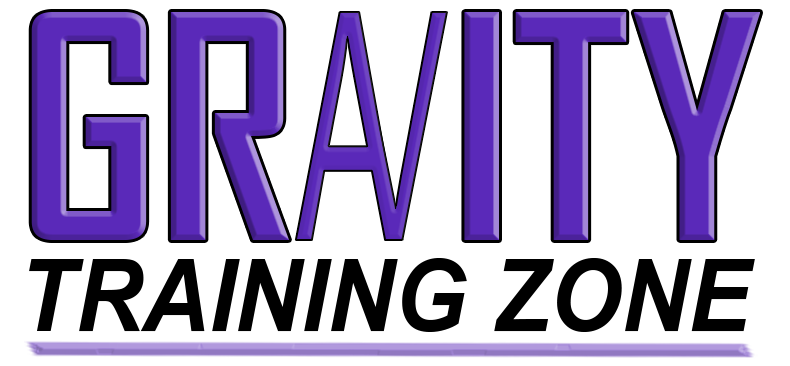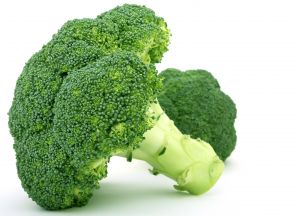The Basics Of Fitness Nutrition
Any fitness trainer in New Jersey or anywhere else for that matter will tell you the same thing. Fitness is all about two things: diet and exercise. Diet alone or exercise alone will only get you so far. The key to getting in shape and meeting your fitness goals is to treat both as the important elements of your fitness regimen that they are. Your body needs to have the right fuel to power up for your workouts and getting the right kind of fitness nutrition is vital to getting the results you want.
The Macronutrients: Carbohydrates, Protein and Fat
A lot of people who are trying to lose weight might shy away from carbohydrates, but as it happens, carbohydrates are actually a great thing if you’re engaging in intense physical activity, especially running or sports of virtually any kind. Carbohydrates are converted into sugar which your body needs for energy to sustain you through intense exercise. Without having this sugar available to your muscles, you’ll probably feel fatigued quickly.
The key is to get the right kinds of carbohydrates. What you want to be eating are complex carbohydrates, the kinds found in whole grains and in fresh vegetables and fruits. These carbohydrates are broken down more slowly, which gives you a more sustained source of energy without the post-carbohydrate crash that you may experience after eating refined carbohydrates (especially refined sugars).
Fat
Another important macronutrient which people trying to get into shape also often avoid, fat is something that your body really needs, in moderation of course. Fat is also a source of energy; just make sure you’re getting healthy fats from sources like nuts, avocadoes and oily fish like salmon and mackerel. If your body isn’t getting enough fat, it may start using protein as energy, which is less efficient as well as meaning that the protein you’re eating isn’t doing what you want it to be doing – repairing and building muscle tissue.
Protein
Lean protein is also a staple of fitness nutrition. Protein is vital to keeping muscle tissue in good condition as well as building new muscle mass – and since muscle tissue uses more energy to maintain, getting enough protein in your diet can also help you to lose weight.
Micronutrients for Fitness
While vitamins and minerals may not directly help fuel you up for workouts, they’re essential to your health and play an indirect role in helping you to achieve your fitness goals. You need iron to get oxygen to all of the tissues of your body, calcium to maintain bone density, the list goes on and on and all of these micronutrients make important contributions when you’re trying to get fit.
These are just the very basics of fitness nutrition. If you’d like to learn more about how nutrition and exercise go hand in hand, ask an experienced fitness trainer in New Jersey for their advice on eating right and getting in the best shape of your life.

